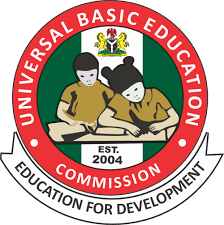ABUJA, Nigeria — Nigeria has recorded a major leap in digital education, with 21 state-of-the-art smart schools now fully operational across the country, according to the Universal Basic Education Commission (UBEC).
Executive Secretary of UBEC, Aisha Garba, announced the achievement on Monday in Abuja at the closing ceremony of the $10 million KOICA-Nigeria Smart Education Project, funded by the Korea International Cooperation Agency (KOICA).
“When we began in 2021, over 10.1 million school-age children were out of school, 70% of those enrolled lacked foundational learning skills, and more than 60% of public primary school teachers had no basic digital literacy,” Garba said. “Today, we are not just closing a project, we are celebrating a transformational journey.”
The KOICA-backed initiative equipped six pilot schools with Content Development Studios (CDS) to create real-world digital learning resources. It has also trained over 300 teachers and school leaders, produced nearly 4,000 Mathematics and Science learning contents, and developed Nigeria’s first Smart Education Master Plan.
Although KOICA directly supported only six schools, its impact has reached over 8,000 learners in 21 states where smart schools are operational. UBEC is now working to launch academic activities in the remaining 16 of its 37 model smart schools nationwide.
Garba praised KOICA for bridging Nigeria’s digital divide, adding: “These are more than numbers. They are lives touched, futures reshaped, and proof that public schools can compete globally.”
The reforms have also unlocked long-stalled funds for states, distributing over 420,000 library materials, 158,000 Nigerian History books, and 740 interactive smart boards, alongside resources for special needs learners.
KOICA Nigeria Manager David Nkwa said the five-year project has “improved quality education at the basic level and transformed classroom learning through technology.”



